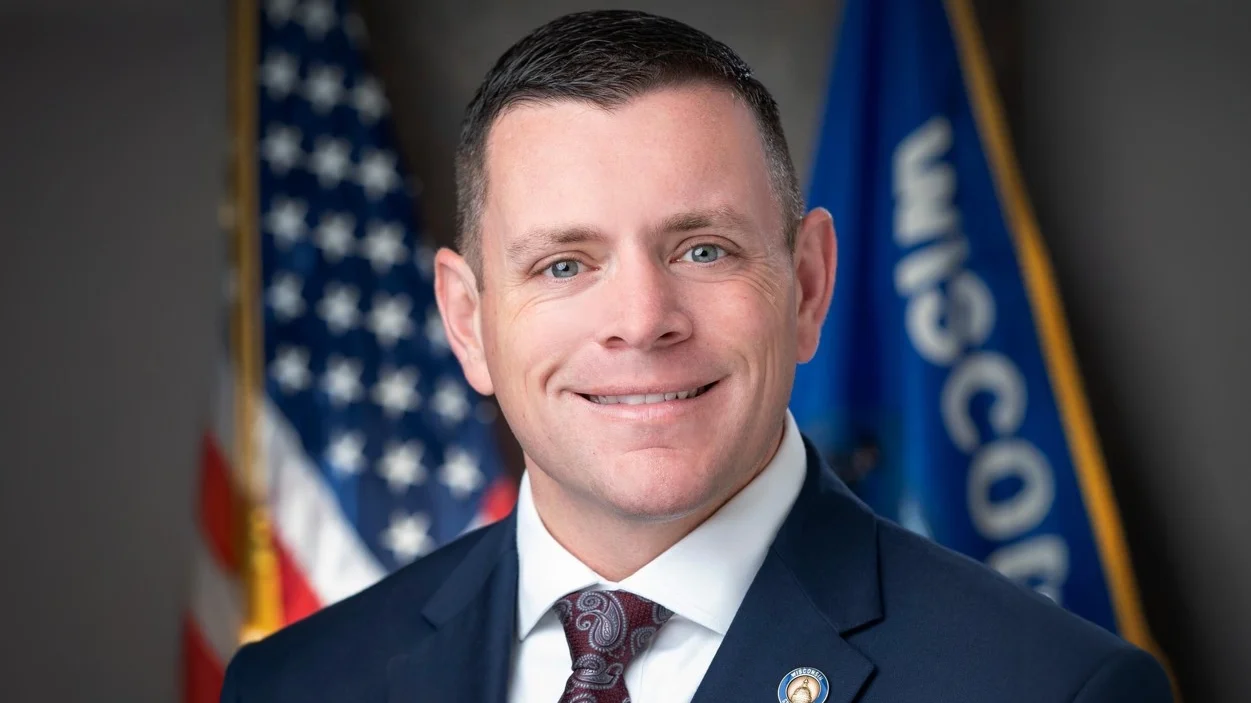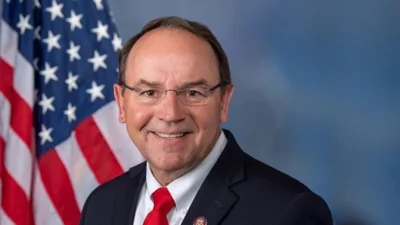Patrick Testin, Wisconsin State Senator for 24th District | Official Linkedin
Patrick Testin, Wisconsin State Senator for 24th District | Official Linkedin
According to the Wisconsin State Legislature's official website, the bill was described as follows: "financial eligibility for the Alzheimer’s family and caregiver support program. (FE)".
The following is our breakdown, based on the actual bill text, and may include interpretation to clarify its provisions.
In essence, this bill repeals the financial eligibility requirement for the Alzheimer’s Family and Caregiver Support Program in Wisconsin. Previously, to qualify for this program, the joint income of a person with Alzheimer's or another irreversible dementia and their spouse could not exceed $48,000 annually. With the repeal of this requirement, families seeking assistance with goods and services for Alzheimer's care no longer need to meet this income threshold. The bill aims to broaden access to necessary support by removing the financial barrier, thereby allowing more families to benefit from the program regardless of their income level. There is no specified effective date mentioned in the bill.
The bill was co-authored by Representative Dean Kaufert (Republican-53rd District), Senator Kristin Dassler-Alfheim (Democrat-18th District), Senator Dora E. Drake (Democrat-4th District), Senator Jesse L. James (Republican-23rd District), Senator Melissa Ratcliff (Democrat-16th District). It was co-sponsored by Representative Margaret Arney (Democrat-18th District), Representative Mike Bare (Democrat-80th District), and Representative Elijah R. Behnke (Republican-6th District), along 33 other co-sponsors.
Patrick Testin has authored or co-authored another 16 bills since the beginning of the 2025 session, with none of them being enacted.
Testin graduated from the University of Wisconsin at Stevens Point in 2011 with a BS.
Testin, a Republican, was elected to the Wisconsin State Senate in 2017 to represent the state's 24th Senate district, replacing previous state senator Howard Marklein.
In Wisconsin, the legislative process starts when a senator, constituent, group, or agency proposes an idea for a bill. After drafting, the bill is introduced, numbered, and referred to a committee for review and public input. If approved, it moves through three readings and votes in both the Senate and Assembly. Once both chambers pass the same version, the bill goes to the governor, who can sign it, veto it, or let it become law without a signature. Only a small share of bills introduced each session ultimately become law. You can learn more about the Wisconsin legislative process here.
| Bill Number | Date Introduced | Short Description |
|---|---|---|
| SB152 | 03/21/2025 | Financial eligibility for the Alzheimer’s family and caregiver support program. (FE) |
| SB113 | 03/07/2025 | A transition to grazing pilot program and making an appropriation. (FE) |
| SB96 | 03/07/2025 | Exempting certain electric vehicle charging stations located at a residence from the electric vehicle charging tax. (FE) |
| SB71 | 02/26/2025 | Ratification of the Dietitian Licensure Compact. (FE) |
| SB68 | 02/24/2025 | The prescription drug monitoring program. (FE) |
| SB24 | 02/05/2025 | Limitations on the total value of taxable property that may be included in, and the lifespan of, a tax incremental financing district created in the city of Middleton. (FE) |






 Alerts Sign-up
Alerts Sign-up